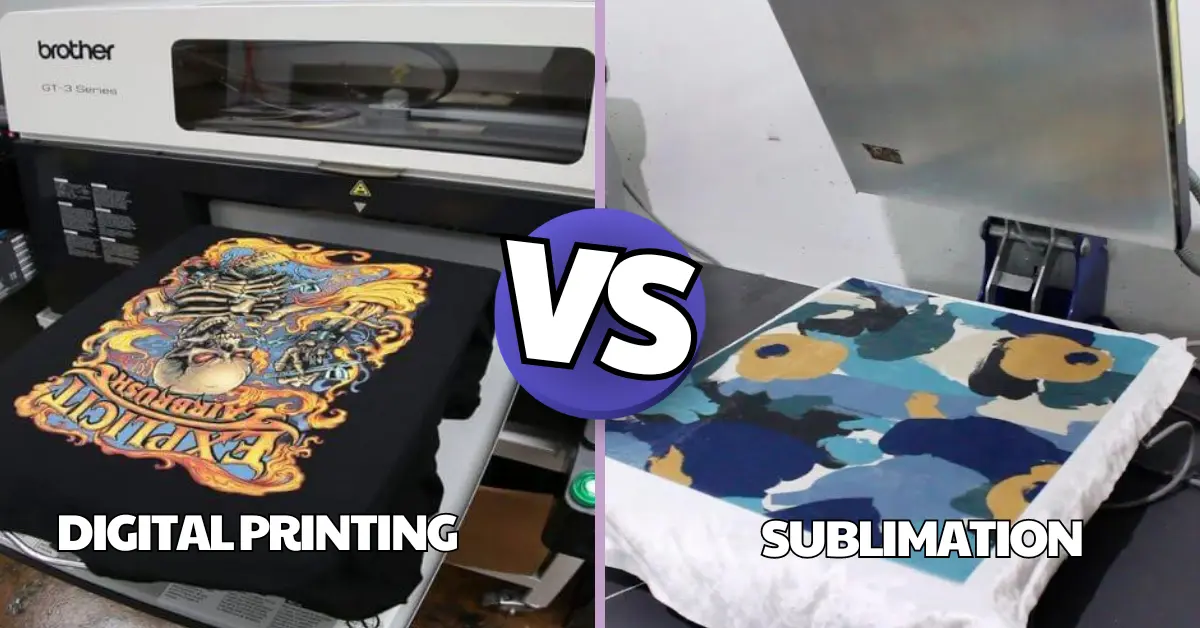Everything about Digital Printing
The Single Strategy To Use For Digital Printing
Table of Contents3 Easy Facts About Digital Printing ShownThe Main Principles Of Digital Printing Indicators on Digital Printing You Need To KnowDigital Printing Things To Know Before You BuySome Of Digital PrintingGetting The Digital Printing To WorkThe Of Digital PrintingFascination About Digital Printing
Customization also permits organizations to stand apart in a crowded market by developing unique advertising and marketing materials that distinguish them from their rivals. One of the main advantages of electronic printing is the ability to print variable data. Each published piece can be unique, allowing organizations to produce tailored advertising products that talk directly to their target audience.Digital printing likewise permits for personalization in the style of advertising materials (Digital Printing). With electronic printing, services can create designs that are one-of-a-kind and customized to their specific requirements.
The Main Principles Of Digital Printing
This benefits organizations that intend to examine different advertising strategies or launch brand-new services and products. By publishing smaller amounts of marketing materials, organizations can minimize waste and prevent the need for excess inventory. Digital printing is additionally functional. It can publish on numerous products, consisting of paper, cardstock, vinyl, and steel.
By using different products and styles, organizations can produce unique advertising and marketing materials that stand apart from their rivals and bring in interest from their target audience. Digital printing also offers consistency. With traditional printing approaches, there is typically variant between prints as a result of differences in ink coverage, pressure, and other aspects.
This consistency can aid develop consumer trust fund and credibility, showing that the company is committed to supplying top quality materials. Uniformity is particularly vital for businesses that want to build consumer depend on and reputation. By making certain that every print is regular, companies can show that they are committed to giving top quality products and paying interest to the details.
Some Known Questions About Digital Printing.

Furthermore, digital printing generates less waste because it can print on demand and in smaller sized quantities, reducing the need for excess supply and materials. Digital printing likewise utilizes much less power compared to conventional printing methods. Digital printers do not call for as much energy to operate, as they do not require to warm up as a lot or make use of as much power to run.
Digital Printing for Dummies

Countered printing calls for a plate for every shade published. Traditional countered printing is a print approach that makes use of aluminum plates to transfer ink onto a rubber sheet (usually referred to as a "covering"). The picture is after that rolled onto the printing surface area. This printing approach is thought about "countered" since the ink is not moved to the paper straight.
What Does Digital Printing Mean?
Countered printing permits for a large array of print products to be made use of throughout manufacturing. The top quality pictures generated with balanced out printing make it the favored approach, especially amongst visuals developers, when seeking the greatest shade recreation, information, and professional-looking prints.
The basic printing method continues to be balanced out. For digital inkjet printing, ink is transferred straight onto the surface. Instead than relying upon light weight aluminum plates and rubber blankets to transfer a photo, electronic printing makes use of fluid ink throughout production. Traditional home inkjet printers are one of one of the most usual digital printing methods.
Digital Printing Fundamentals Explained
Much better color fidelity refers to both the precision of the colors and their equilibrium in the layout. Because offset printing can mix custom-made color inks for every task, it will normally get the shades spot-on. Functions just as well on almost any type of kind of product. Reputable, remarkable picture top quality. Trust balanced out printing for useful content tidy, distinctive types and photos without streaks or areas.
It costs a great deal to start an offset work. You need to spend money right into creating home plates, which takes some time. However, as soon as you have actually invested it, all of the materials are all set to go, and you'll spend less on large offset work than an electronic print, which has to do with the very same per piece regardless of just how big the job gets.
Each print is identical. You risk less weird variants triggered by inequalities in water and ink. Digital printing is much less pricey for low-volume work. The cost each drops for digital printing, so eventually, they crisscross. Transforming information within a single print job. For instance, say you were printing out postcards advertising a concert.
All About Digital Printing
While electronic printing or inkjet printing is the favored choice in the here and now times, there are engaging reasons to transform from balanced out to digital printing systems. Get In Touch With Kao Collins about color matching and custom-made formulations. more info here When printing balanced find out out or digitally, crucial choices and processes are associated with shade matching. If it has a visuals overlay or consists of a label, it will have colors.
Whichever the situation, the color will certainly require to be matched. Color matching of electronic printer ink is no more challenging with dyes and pigments. Industrial inkjet printing uses adaptability for printing on lots of different substratums. Digital printing is perfect for customers who do not require longer runs and warehousing products.

One benefit of digital printing is choosing from a large variety of electronic substrates. With electronic printing, the cost of the substrate in the total job is tiny.
Some Known Questions About Digital Printing.
Devices expenses in inkjet printing are far lower than offset printing as there are no plate-making, plates, and press costs. Past the resources expenditure, the prepress devices and printing presses require very knowledgeable drivers in countered printing, which adds labor expenses.